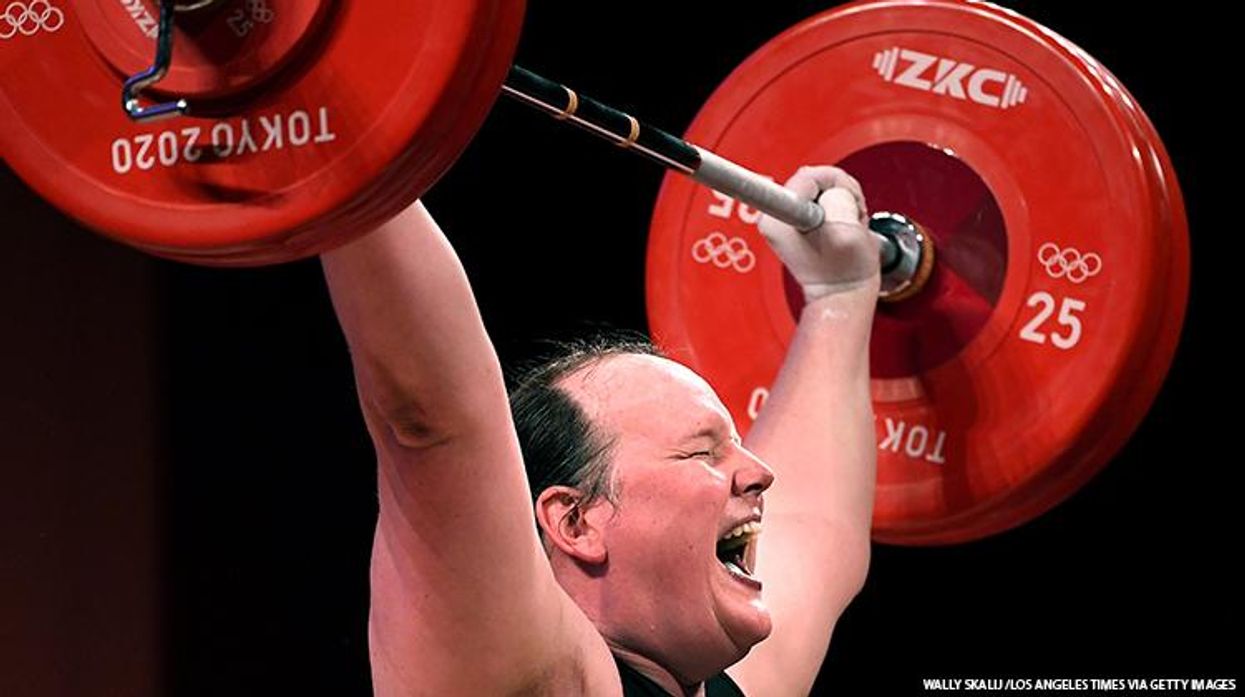The International Olympic Committee (IOC) has issued an update to its “Framework on Fairness, Inclusion, and Non-Discrimination on the Basis of Gender Identity and Sex Variations.” Yannis Pitsiladis, a co-author of the update, told the Daily Mail that it “signals a monumental change in modus operandi to unify science, medicine, legal and human rights.”
The IOC’s original framework, published in November 2021, was a massive win for transgender and intersex athletes. It stated that “Everyone, regardless of their gender identity, expression and/or sex variations should be able to participate in sport safely and without prejudice.”
This was just months after weightlifter Laurel Hubbard had become the first transgender Olympian.
The framework’s 10 sections, or “principles,” prioritized bodily autonomy, harm prevention, and privacy. It ensured that athletes are not subject to “targeted testing” to determine their sex or be pressured to “undergo medically unnecessary procedures… to meet eligibility criteria.”
However, the framework (which is exactly that: a framework) has been criticized for its lack of specificity, leaving many decisions up to individual sports federations.
The IOC was also criticized by cyclist Nicole Cooke and former swimmer Sharron Davies for claiming there should be “no presumption of advantage” for trans women competing in the women’s category.
In response, the IOC updated its section on “fairness.” The statement reads, “Principle 4 recognizes that sports organizations may at times need to issue eligibility criteria for sex-segregated competition to maintain a fair and proportionate distribution of competitive advantages among participants.”
“It also recognizes the particular importance of advancing equality for women in sport and preserving fair and meaningful competition for elite women athletes, which may require criteria that limit eligibility in some cases.”
Still, the IOC recommends a “holistic approach,” considering the opinions of doctors, athletes, and other experts.
- Tom Daley Showcases Cardigan He Knitted At Tokyo Olympics ›
- Jessica Springsteen, Daughter of Bruce Springsteen, is Going to the Tokyo Olympics ›
- Sha’Carri Richardson Calls Out Olympic Double Standard After Kamila Valieva Scandal ›
- The Five New Sports Coming To The 2021 Tokyo Olympics ›
- A Timeline of LGBTQ+ Milestones in the US ›
- Sha'carri Richardson Is Officially the Fastest Woman in the World ›

















































